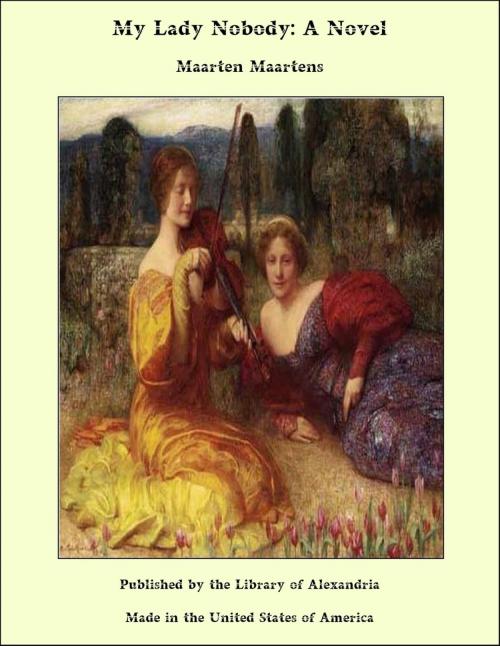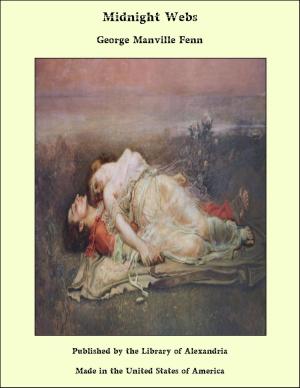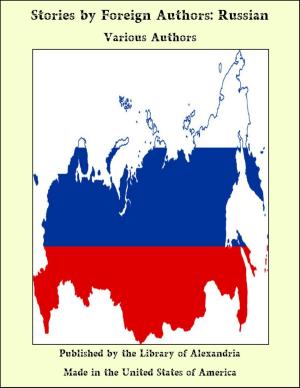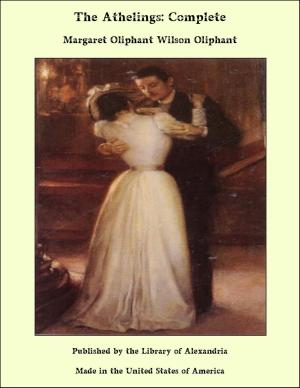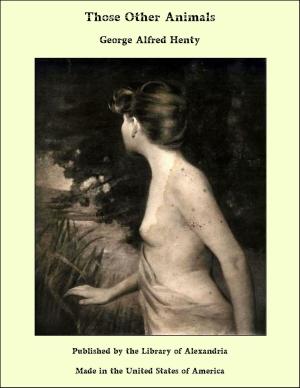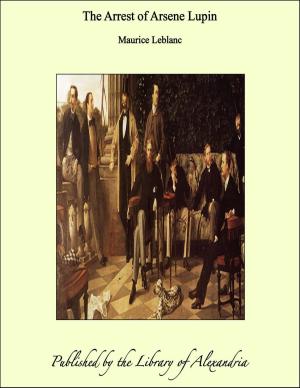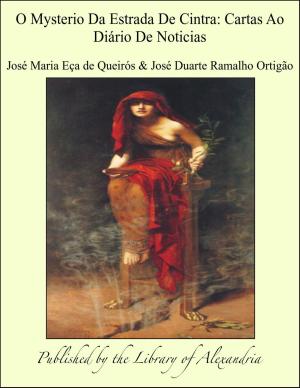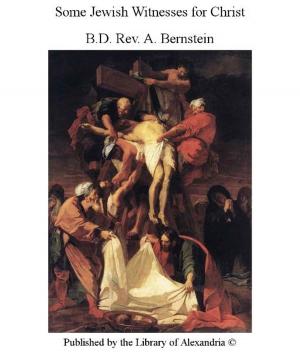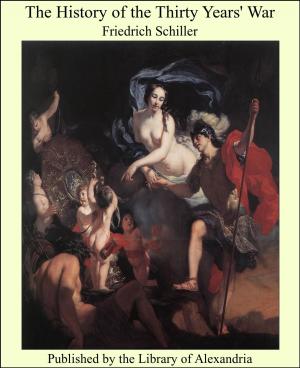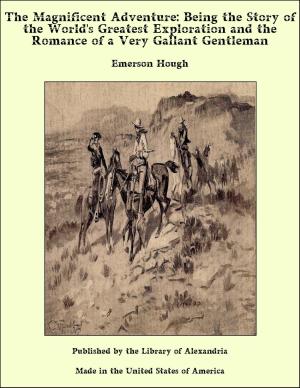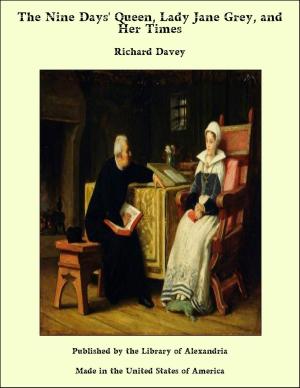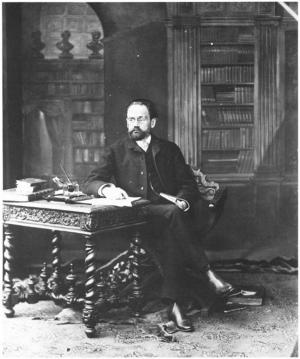| Author: | Maarten Maartens | ISBN: | 9781465604040 |
| Publisher: | Library of Alexandria | Publication: | March 8, 2015 |
| Imprint: | Language: | English |
| Author: | Maarten Maartens |
| ISBN: | 9781465604040 |
| Publisher: | Library of Alexandria |
| Publication: | March 8, 2015 |
| Imprint: | |
| Language: | English |
“Let us go in to breakfast,” said the Dominé. Father and daughter passed up between the stiff stalks of the gooseberry-bushes, among the sallow, swollen fruit. Both of them walked with a straight step, the figure erect, and a little self-reliant. The pastor fell back a few paces with meditative gaze. He was wont to rejoice tremulously in Ursula’s physical health, in the easy carriage of the head, the light swing of the hips. He rejoiced in the clear brown of her complexion and the calm depth of her brave brown eyes. No weak woman in blood or brain, this stately, strong-limbed maiden. He thanked God mournfully, ever reminiscent of the pervading sorrow of his life, the loss of the frail young creature who had dropped by the road-side wellnigh twenty years ago. It was that affliction which had made a cleric of Captain Roderick Rovers. By nature he was a soldier, recklessly brave and almost devil-may-care. A man who thought straight, if not far, and struck straight in the front. He had escaped from the inertia of the long Batavian peace to the red-hot tumult of Algerian desert war, and had come back, early bronzed and silvered, plus the Legion of Honor andminus an arm. He had married a pure white clinging thing, like a lily, that twined every tendril round his sturdy support, and then dropped from the stem. She was a good woman. To him she had come as a revelation. “I have fought the good fight,” she had whispered in dying. He, with the medals on his breast and the memory of not a few killed and wounded—could he have said as much face to face with death? He began to comprehend something of that battle which is not to the strong. On their wedding-day the bride had given her soldier-husband Bunyan’s Holy War—a Dutch translation—substituting it on his table for the weather-beaten little Thucydides which had been his companion in all his campaigns. He had demanded back the Greek historian. He now took up the spiritual conflict, and fought the powers of darkness, as he had ever met an enemy, at arm’s-length.
“Let us go in to breakfast,” said the Dominé. Father and daughter passed up between the stiff stalks of the gooseberry-bushes, among the sallow, swollen fruit. Both of them walked with a straight step, the figure erect, and a little self-reliant. The pastor fell back a few paces with meditative gaze. He was wont to rejoice tremulously in Ursula’s physical health, in the easy carriage of the head, the light swing of the hips. He rejoiced in the clear brown of her complexion and the calm depth of her brave brown eyes. No weak woman in blood or brain, this stately, strong-limbed maiden. He thanked God mournfully, ever reminiscent of the pervading sorrow of his life, the loss of the frail young creature who had dropped by the road-side wellnigh twenty years ago. It was that affliction which had made a cleric of Captain Roderick Rovers. By nature he was a soldier, recklessly brave and almost devil-may-care. A man who thought straight, if not far, and struck straight in the front. He had escaped from the inertia of the long Batavian peace to the red-hot tumult of Algerian desert war, and had come back, early bronzed and silvered, plus the Legion of Honor andminus an arm. He had married a pure white clinging thing, like a lily, that twined every tendril round his sturdy support, and then dropped from the stem. She was a good woman. To him she had come as a revelation. “I have fought the good fight,” she had whispered in dying. He, with the medals on his breast and the memory of not a few killed and wounded—could he have said as much face to face with death? He began to comprehend something of that battle which is not to the strong. On their wedding-day the bride had given her soldier-husband Bunyan’s Holy War—a Dutch translation—substituting it on his table for the weather-beaten little Thucydides which had been his companion in all his campaigns. He had demanded back the Greek historian. He now took up the spiritual conflict, and fought the powers of darkness, as he had ever met an enemy, at arm’s-length.
